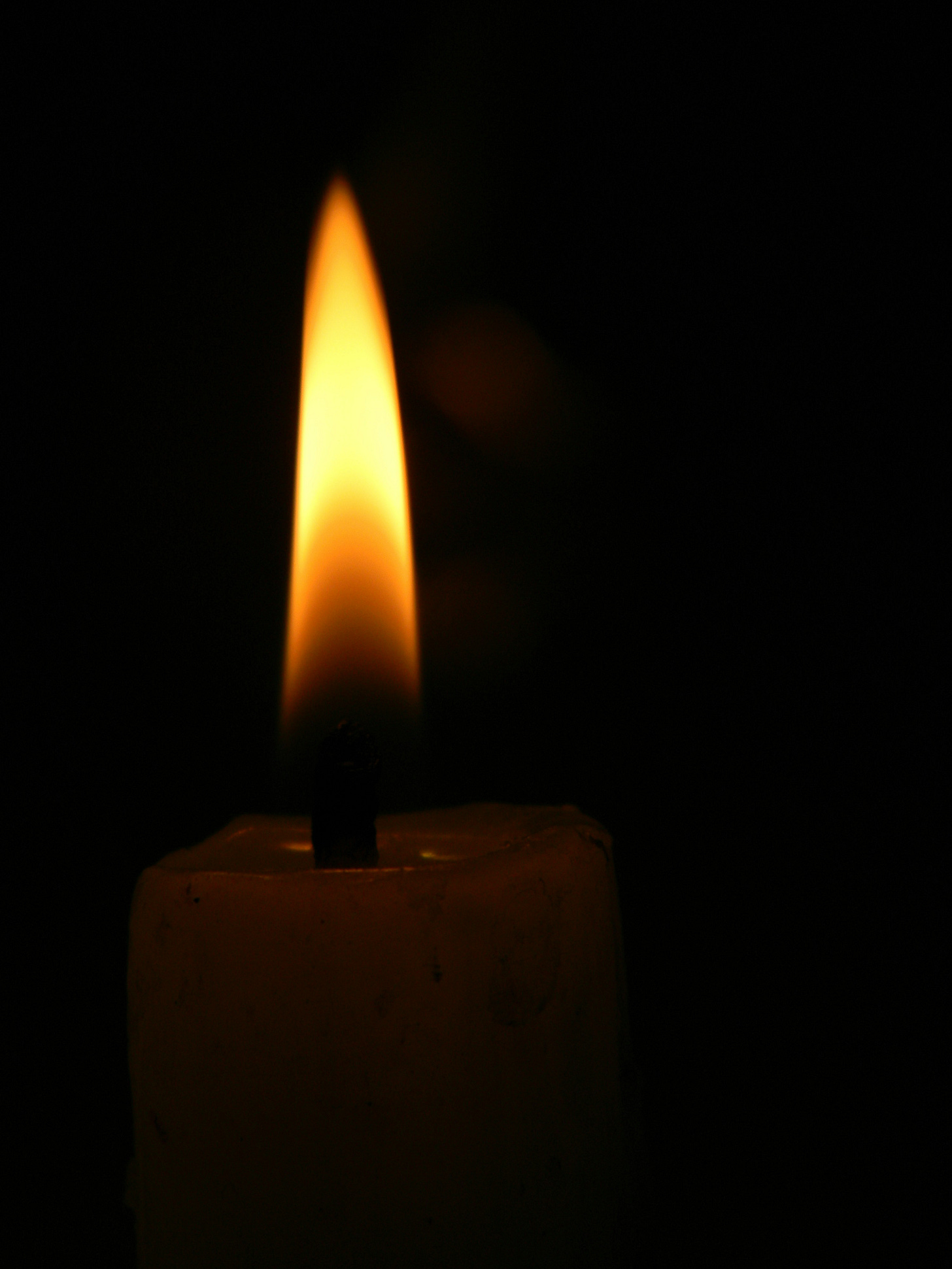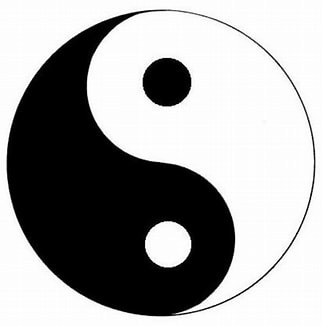This week marks the winter solstice. If you’re in the northern hemisphere, like I am, near the 47th parallel, the short days and long nights take on a particular weight. Darkness becomes something tangible—a presence that seeps into every hour. It’s no wonder that throughout history, cultures around the world have chosen this time of year to honor the light. Whether through candles, bonfires, or shimmering decorations, we remind ourselves that even in the longest nights, the light persists.
Of course, it’s not just about the outer darkness. The solstice is also a metaphor, an invitation to reflect on the darkness within ourselves—and the light. That duality feels especially poignant after reading about a horrific rape case unfolding in France. The details are monstrous, but what struck me most wasn’t just the crime itself—it was the commentary that followed. Many of the perpetrators, it was said, were “nice” people, pillars of their communities, kind to their neighbors, good fathers.
We don’t like that, do we? We prefer our light and darkness to stay separate, neatly divided, Hollywood style. The good guys are good, and the bad guys are irredeemably evil. It’s cleaner that way, easier to understand. But life doesn’t work like that.
This insistence on separation—on seeing good and evil as opposites—creates a delusion that blinds us to the reality of human nature. Every one of us carries both light and darkness. We know this intuitively because we’ve felt it within ourselves. We’ve made mistakes, hurt others, even if unintentionally. And yet, we also see the spark of goodness in people who’ve committed terrible acts, and that can be even harder to reconcile. It’s easier to demonize than to grapple with the uncomfortable truth that light and dark always coexist.
The movies love to show us external battles between these forces. Think of Star Wars, The Lord of the Rings, or The Dark Knight. The hero faces the villain, and the stakes are clear. But the real battle is never out there—it’s within. It’s the war we fight every day, choosing between our better angels and our worst instincts. And here’s the catch: there’s no final victory. No one emerges from the battle permanently victorious. Light and darkness aren’t static—they ebb and flow, intertwined like the yin and yang.
The ancient symbol of the yin-yang offers a profound truth: within the dark, there is always a spark of light. Within the light, a seed of darkness. We ignore this at our peril. It’s not about eradicating one or the other; it’s always about choice. When confronted with the invitation to do the worst can we remember to hold our light. When we identify with our honorable self, do we remember that “the wolf is always at the door.”
I struggle with this a lot. I am so good at seeing someone’s potential - giving the benefit of the doubt - empathizing with their wounded inner child - seeing their better half - that I often don’t look at the evidence - the daily choices of who they are choosing to be. I can find a dot of white in a sea of black it seems.
I am, in contrast, extremely hard on myself. I rarely remember the thousands of moments of patience with my kids but torture myself with the few times I’ve spectacularly lost my shit. I can berate myself for all those black dots where I dropped the ball of who I want to be and ignore the field of white that I often am.
To have any peace, the delusion we (speaking to myself here) must let go of is the idea that we can win the war between light and darkness once and for all. In fact, some of the worst atrocities happen under the guise of doing good. It is often when a country, society or person can’t own their darkness that true evil happens.
The question isn’t how to eliminate the dark—it’s which part of ourselves we choose to nurture more often than not. Do we feed the light within us, cultivating kindness, compassion, and integrity? Or do we let the darkness grow, indulging fear, anger, or selfishness?
As the solstice reminds us, the darkest nights are not the end of the story. The light is always there, waiting to be rekindled. And perhaps, as we reflect on the light and dark within, the lesson is this: perfection can’t be the goal.
The goal is awareness.
The goal is intention.
To notice the spark of light even in the depths of shadow—and to choose, again and again, to let it shine.
May the end of 2024 bring all of you, my readers, peace, prosperity and connection. Thank you for being here.






"The question isn’t how to eliminate the dark—it’s which part of ourselves we choose to nurture more often than not. Do we feed the light within us, cultivating kindness, compassion, and integrity? Or do we let the darkness grow, indulging fear, anger, or selfishness?"
Thank you for this timely piece.